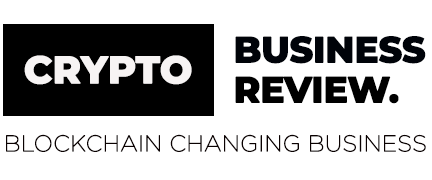*EIN Newswire. Written by Kyt Dotson
In the wake of the global COVID-19 pandemic, the government of Singapore has adopted a new standard for protecting verification for globally interoperable health documents based on tamper-proof distributed ledger blockchain technology.
Cryptographic hashes, blockchain technology, privacy protection and proof of identity will be combined to facilitate cross-border verification of health documentation such as COVID-19 test results, according to Dr. Vivian Balakrishnan, minister-in-charge of the Smart Nation Initiative, reported Channel News Asia.
Balakrishnan spoke at a government press conference today and said notarized pre-departure test results will be available on the SlingPass mobile app. The government of Singapore will also be looking to extend this to vaccine certificates.
SlingPass, which stands for Singapore Personal Access, is every resident’s digital identity and access for e-governance and provides a mobile app for the national identity and authentication system.
The COVID-19 certificates would be passed through a system known as HeathCerts, a set of open-source digital standards used for issuing test results developed by the Government Technology Agency of Singapore and the Ministry of Health.
Starting March 10, travelers undergoing a pre-departure COVID-19 test at authorized clinics in Singapore would also receive their results in a digital certificate loaded into HealthCerts.
The blockchain framework used to digitally attest HealthCerts is known as OpenAttestation, which is an open-source document notarization framework that uses cryptographic hashes for independent verification. Once documents are issued and stored on the blockchain, they can be verified by any auditor making it possible for outside parties to trust the submission source.
The use of digital identity and other assets is overseen by the Smart Nation and Digital Government Group, a part of the Prime Minister’s Office, which oversees the deployment of this new technology.
The private sector will also be able to integrate the new digital standard into their own verification, SNDGG said. For example, airlines could use this to attest that a passenger has a clear COVID-19 test before boarding a plane, however, being vaccinated may not be required.
SNDGG went on to clarify, though, that an individual’s data would remain private even with blockchain verification and the hash would only be used to attest to its data, acting as a digital fingerprint of the published data. The intent of the blockchain is not to publish data publicly or to invade privacy, but to allow individuals to retain control over their data and to provide auditable proof that their documents are good.
In a statement for the Smart Nation Initiative, Balakrishnan added that COVID-19 has been a real “stress test” for the nation and Singapore’s Parliament and government’s information technology infrastructure.
“It has exposed gaps. It has validated our investments over the many years and it has also allowed us to differentiate ourselves and to emerge stronger in a post-COVID world,” he said. “Many of the solutions that we deployed during the crisis were developed by our in-house engineers within GovTech and other public agencies in weeks, sometimes overnight, over days.”







Great job
é incrível como eles estão tão à frente da gente e como o blockchain tb está tão à frente do que usamos de tecnologia por aqui no dia a dia… parabéns pelo conteúdo!
Very good article
In my opinion. Your opinion is erroneous.
So simply does not happen